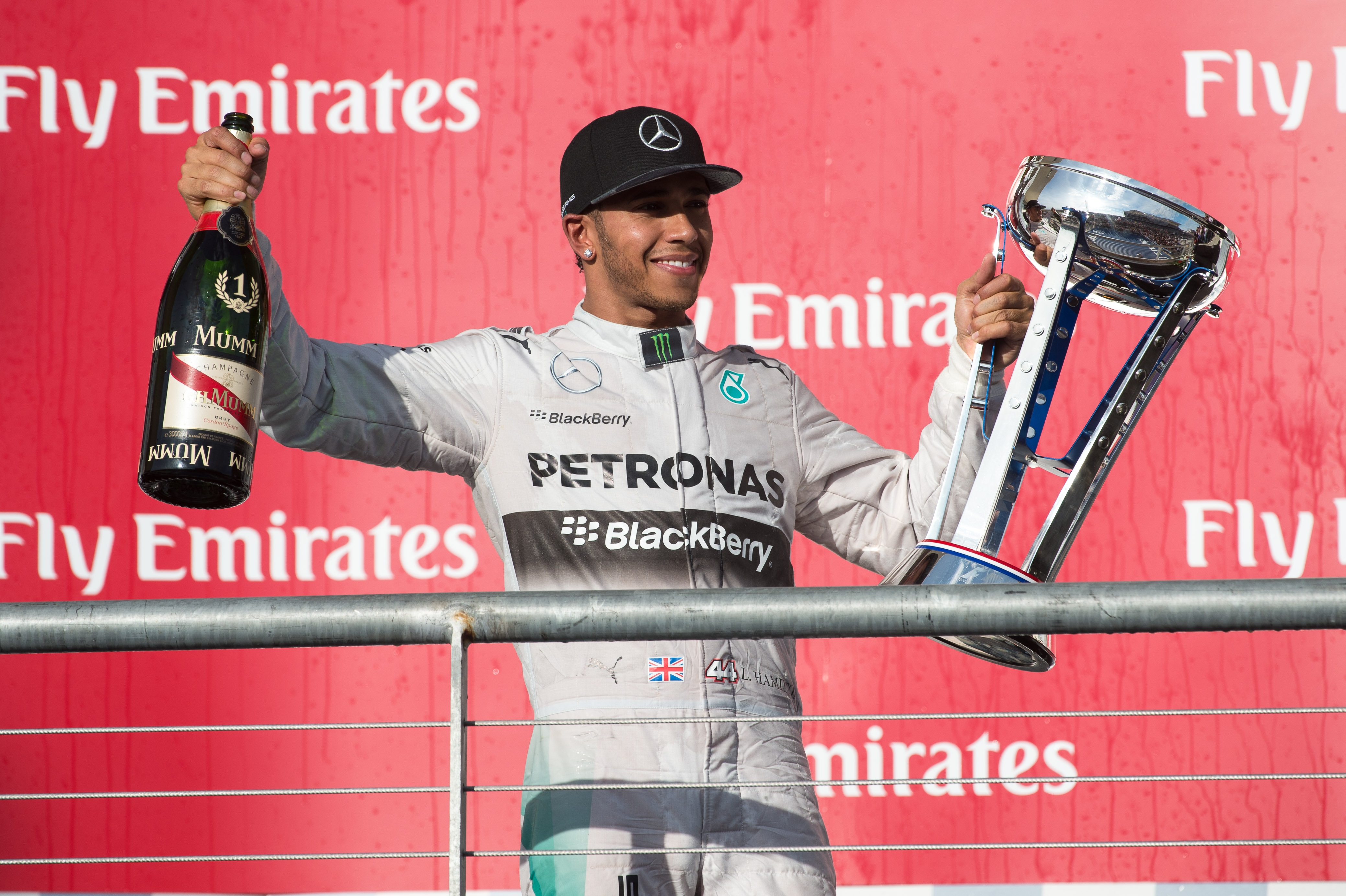
In November last year, F1 Champion Lewis Hamilton split with his agent Simon Fuller. At the time he was coy about what he was going to do next, only saying that it will be something “different”. Time was on his side, with his contract at Mercedes running until the end of 2015. In the end, Lewis Hamilton chose to represent himself in his contract negotiations. He enlisted CAA to handle the marketing side of his career, but wanted to do the deal with Mercedes alone.
Last month, when pressed for an update on his negotiations, Lewis stated that the deal was “99.6% done”. There had been delays in the talks that had left him frustrated, but it was now being finalized by his lawyers. At the time, it was reported that the deal was for £21 million per year.
Now it has emerged that the talks between Lewis Hamilton and Mercedes have broken down, with the driver demanding a new set of terms. It has been reported that Hamilton is seeking a deal worth £145 million over 3 years, or a little over £48 million per year. This would put his compensation in line with this year’s salary of Sebastian Vettel, but that does decrease in later years of the contract. Lewis also wants to keep the car if he wins, a clause Jensen Button had when he was driving for Brawn.
Hamilton has since brought on one of his trusted lawyers in the negotiations, though it looks like Mercedes will balk at his demands. With these latest developments, it will be interesting to follow how it will affect Lewis’ relations with the team. One of the reasons an agent is enlisted is to prevent any tension between the team and athlete while negotiating contracts. On top of this, the time that is taken to hammer out a deal between the two parties can cut into the time that Lewis could be working on his performance, distracting him from what he is ultimately employed to do.
